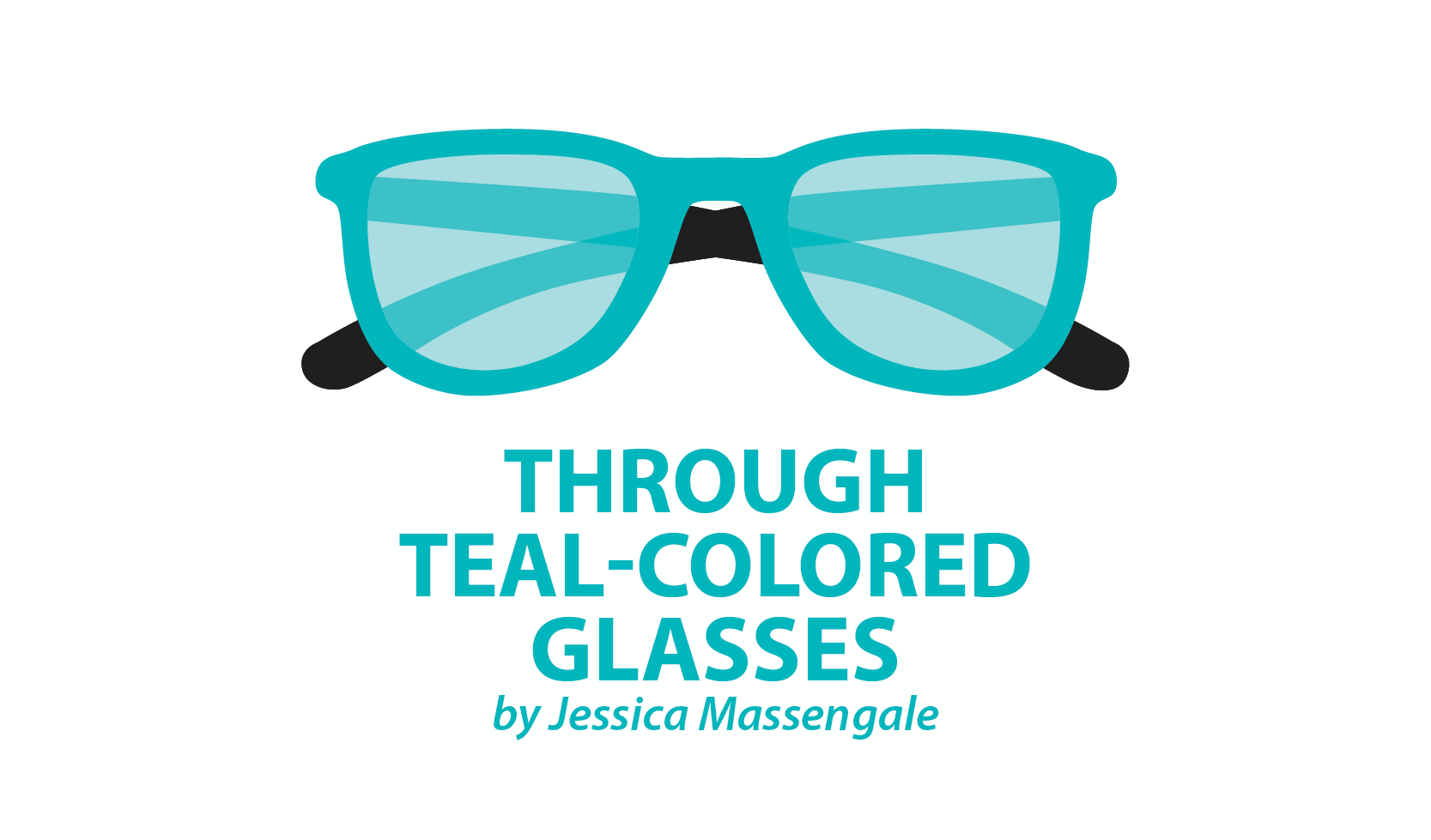How to Offer Quality Support Without Being Offensive
Written by |

A veteran soldier wounded in action.
A firefighter crawling through a cascade of flames to save a baby.
A husband suggesting his wife go to the gym for her New Year’s resolution.
These are examples of different forms of bravery. Bravery can be defined in many ways, depending on what the situation entails. Courage, valor, nerve, daring, and fearlessness are all synonyms of bravery. It is often a word used to compliment me and my journey with scleroderma. “You’re so brave!” people often exclaim to me as they try to wrap their head around my struggle. A strange feeling arises from my gut as I try to wrap my head around the reason I am brave for merely surviving.
Am I brave for taking unique medications that come with a long list of side effects? Am I brave because my body produces too much collagen? Am I brave for posting pictures or videos on social media about scleroderma to raise awareness?
In my eyes, I am just surviving how I see fit and playing the hard deck of cards I was dealt. I still have the needs and wants of an average 30-year-old woman, and my disease shouldn’t prevent others from seeing who I am, despite what I’m going through. I still want to live life to the fullest, and I like to think that makes me adventurous (or someone skimming the lines of a beautiful disaster).
Truth be told, autoimmune diseases can be a horrible thing to be plagued with. Life as you know it turns upside down and inside out as an illness ravages your mind, body, and soul. Outsiders sometimes observe the situation and shower it with cliché sayings that are meant as encouragement. Telling one to “just stay positive” or to “be happy it isn’t cancer,” can sometimes undermine the severity of what the other person is going through. It isn’t taken offensively, but there are better ways to comfort a someone who is maneuvering a dire situation.
Offering a high level of support can make or break one who is experiencing harsh repercussions from their illness.
Support can be shown in different ways. Call and check up on the person or simply talk to them about subjects other than their illness. Surprise them with a heating pad or their favorite candy on a day you know they’re feeling sick or even depressed. Accompany them to doctor’s appointments or testing to show that they aren’t in their battle alone. Be a shoulder to cry on or a listening ear.
Take the time to actually research their specific disease and learn the basics of what they’re going through. It’s always a welcoming surprise when a friend knows what I’m talking about when I go into descriptive depths about scleroderma. A good support system is the foundation for surviving chronic illness. This is achieved by showering the situation with love and care.
Keep encouraging the person to push through life with all their might. Even if they’ve been sick for years, there’s no such thing as too much encouragement. Keep an open conversation about their treatment plan and simply ask if they’re on the right track. I’ve been known to be careless enough to fall off my medication schedule and have been reprimanded by friends or family. I need that. I’m still trying to get used to living this life riddled with illness, and many days I feel I’m fighting an uphill battle. So tough love is necessary for me to snap out of my pity party and get back on track.
It’s a tricky balance to support someone with a chronic disease. Healthy people just want to be as helpful as possible, without being offensive. Following the advice above can help prolong someone’s life because they feel loved and able to do what’s necessary to keep on pushing.
***
Note: Scleroderma News is strictly a news and information website about the disease. It does not provide medical advice, diagnosis, or treatment. This content is not intended to be a substitute for professional medical advice, diagnosis, or treatment. Always seek the advice of your physician or other qualified health provider with any questions you may have regarding a medical condition. Never disregard professional medical advice or delay in seeking it because of something you have read on this website. The opinions expressed in this column are not those of Scleroderma News or its parent company, Bionews Services, and are intended to spark discussion about issues pertaining to scleroderma.







Leave a comment
Fill in the required fields to post. Your email address will not be published.